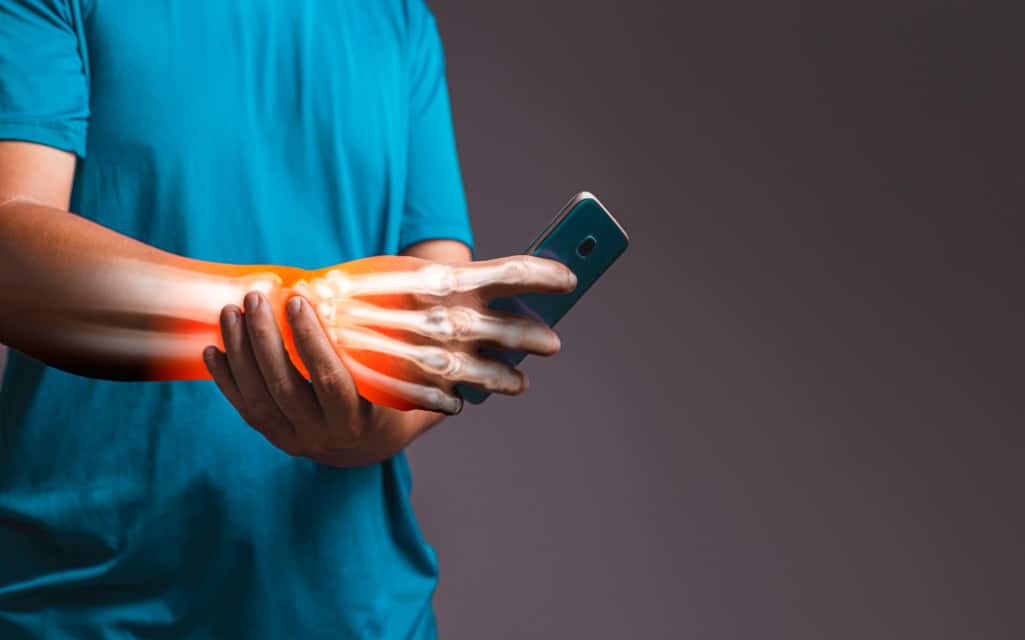Approximately 1-5 percent of the adult population is affected by carpal tunnel syndrome. This condition interferes with your nerve’s function, leading to pain, numbness, tingling, and discomfort in your wrists and hands. At Republic Spine & Pain, well-trained interventional pain management specialists offer treatment for carpal tunnel syndrome in North Austin to help alleviate your pain.
What is carpal tunnel syndrome?
Carpal tunnel syndrome is a condition where high pressure in the carpal tunnel holds back microcirculation in the median nerve. Symptoms that indicate carpal tunnel syndrome include:
· Tingling and numbness. You will experience numbing and may have an electric kind of sensation in your thumb, index, middle finger, and forearm.
· Your hands become weak, with grasping objects becoming problematic.
· Pain
Certain groups of people are highly susceptible to this condition. They include:
· Pregnant women
· People between 40-60 years of age
· Diabetic patients
· Individuals with small carpal tunnels
· A person with a fractured or dislocated wrist
· People in occupations that require a lot of movement of the arm
· Obese people
Your specialist at Republic Spine & Pain will conduct a diagnosis by tapping the palm of your wrist to test for the Tinel sign. Other tests include:
· Electromyogram. Your doctor will insert a thin electrode into your muscle to measure its electrical activity.
· Imaging tests involve using an ultrasound, MRI examinations, and X-rays, which will help your specialist study your bones and tissues.
· Nerve studies. Your specialist will tap two electrodes on your skin to measure nerve signals in your arm and hands.
Your doctor will then recommend a treatment for you based on your symptoms and your condition’s severity. The types of treatment programs include:
Corticosteroids
Corticosteroids can be taken orally or injected and will help reduce swelling and inflammation. However, injecting corticosteroids is generally more effective. Through advancements in ultrasound technology, your doctor will inject your carpal tunnel with cortisone to alleviate pain.
Physical and Occupational Therapy
Your therapist will guide you through exercises that will strengthen the muscles in your wrist and arms. They include:
· Stretching to improve flexibility in your fingers, wrist, and hands
· Changing your wrist position to avoid prolonged bent position
Wrist Splints and Braces
Splints do not involve the use of any medications. Your specialist will recommend braces to wear at night, as a splint will relieve you of tingling and numbness by keeping your wrist in position while asleep.
Nonsteroidal Anti-Inflammatory Drug
Your doctor may prescribe drugs that will relieve pain from your carpal tunnel. These drugs include ibuprofen such as Advil, Motrin, and IB.
Surgery
If you have adverse symptoms that do not respond to other treatment methods, your doctor will recommend surgery for you. The two types of surgery include:
Endoscopic surgery. Before this process, your doctor will use a local anesthetic and a device with a camera attached to it to look at your carpal tunnel. Your surgeon will then make an incision in your hand and cut the underlying ligament to relieve pressure off your median nerves.
Open surgery. Your surgeon will make an incision in the palm of your hand and cut through the ligament to loosen the median nerve.
You will experience soreness for a few weeks following either surgery option. Your symptoms might not go away entirely after surgery if they were severe, however, your doctor will likely require you to exercise your hand and avoid vigorous activities.
Book an appointment at Republic Spine & Pain to be treated for carpal tunnel syndrome and have your mobility restored today.



